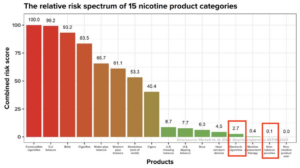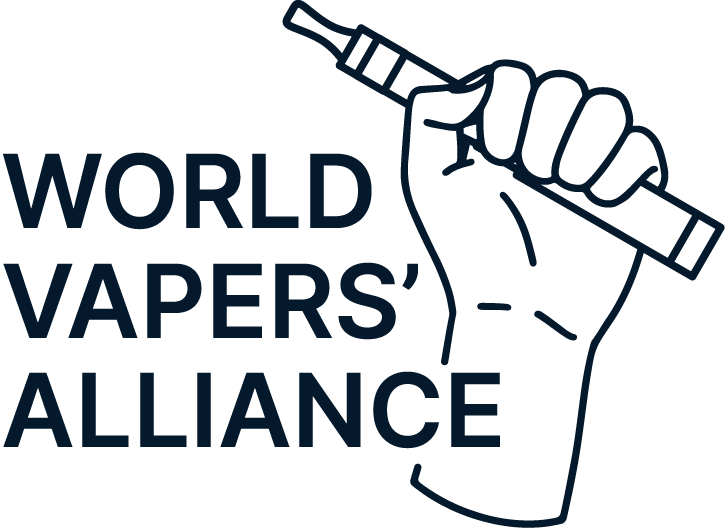În calitate de Director al Alianței Mondiale a Vaperilor, am adresat recent o scrisoare urgentă Ministerului Sănătății din Bangladesh cu privire la propunerea lor de Lege privind Controlul Tutunului. Această lege, care include o interdicție totală a vapingului și a plicurilor cu nicotină, ar putea avea implicații grave pentru sănătatea publică din țară. Iată de ce această propunere este îngrijorătoare și ce ar trebui să ia în considerare Bangladesh.
Pericolele unei interdicții generale
Interzicerea propusă a țigărilor electronice și a plicurilor cu nicotină în Bangladesh este un pas în direcția greșită din mai multe motive:
- Reducerea riscurilor: S-a dovedit că vapatul și pliculețele cu nicotină sunt semnificativ mai puțin dăunătoare decât fumatul tradițional. O interdicție completă i-ar obliga pe utilizatorii actuali să revină la produse din tutun mai dăunătoare sau i-ar direcționa către piața neagră.
- Renunțarea la fumat împiedicată: Mii de fumători ar pierde accesul la instrumente eficiente pentru renunțarea la fumat, prinzându-i în ciclul consumului de tutun.
- Lipsa contribuției părților interesate: Propunerea anterioară a Ministerului Sănătății din 2023 a fost deja criticată din cauza consultării insuficiente a părților interesate, subliniind necesitatea unor perspective diverse în această problemă critică de sănătate publică.
Învățând din exemple globale
Țările care au adoptat abordări deschise pentru reducerea riscurilor au înregistrat un succes remarcabil: Suedia și Noua Zeelandă au atins statutul de țară aproape fără fumat, cu rate record de fumat, servind ca exemple excelente de strategii eficiente de reducere a riscurilor cauzate de tutun.
Pe de altă parte, țările cu interdicții stricte s-au confruntat cu consecințe grave: Australia, cu interdicția de facto a vapatului, a cunoscut o creștere a activității pe piața neagră și chiar “războaie ale tutunului”, inclusiv 200 de atacuri cu bombă incendiară între bande rivale.
În loc de o interdicție generală, Bangladesh ar trebui să ia în considerare:
- Abordare bazată pe dovezi: Alinierea politicilor de control al tutunului cu modele de succes precum cele din Suedia și Noua Zeelandă.
- Accent pe reducerea riscurilor: Adoptarea vaporizării și a plicurilor cu nicotină ca parte a unei strategii cuprinzătoare de combatere a problemelor de sănătate legate de fumat.
- Implicarea părților interesate: Asigurați-vă că experții în sănătate publică, susținătorii reducerii riscurilor și alte părți interesate relevante sunt consultate în procesul de elaborare a politicilor.
Literatura științifică extinsă confirmă faptul că vapatul și pliculețele cu nicotină au un profil de nocivitate semnificativ mai mic în comparație cu țigările și că aceste alternative sunt instrumente eficiente pentru renunțarea la fumat.

Bangladesh se află la o răscruce de drumuri. Prin adoptarea strategiilor de reducere a riscurilor și prin învățarea din succesele globale, țara are o oportunitate unică de a fi lider în reducerea riscurilor cauzate de tutun și de a salva potențial nenumărate vieți. În timp ce așteptăm răspunsul ministerului, este esențial ca factorii de decizie să ia în considerare implicațiile mai ample ale deciziilor lor. Viitorul sănătății publice din Bangladesh ar putea depinde de acest lucru.







